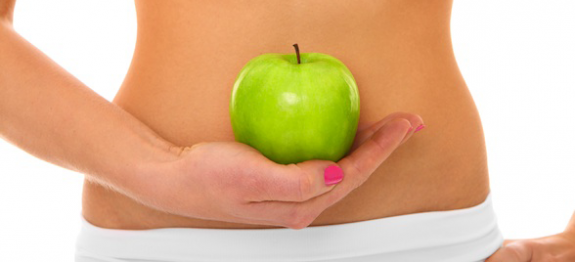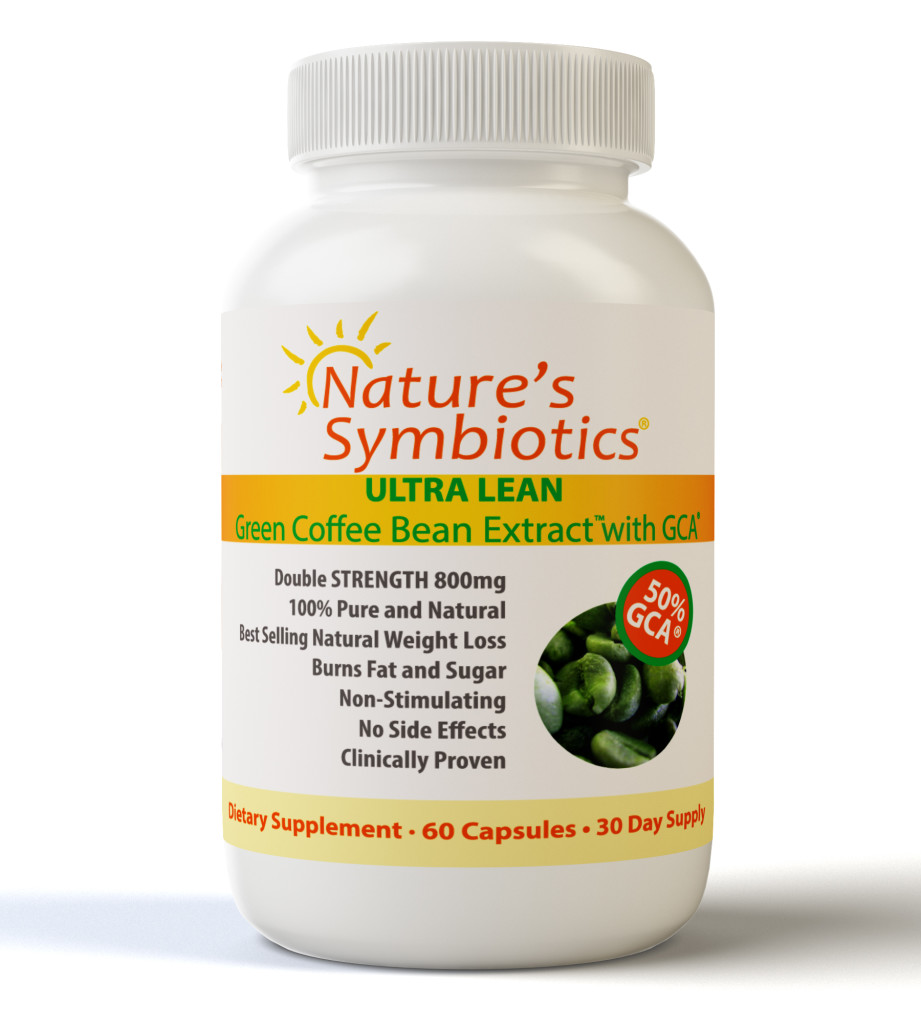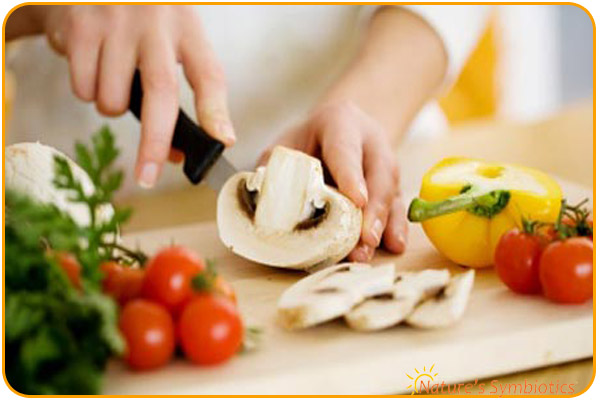Although turmeric has long been known simply as the main ingredient in many Indian curries, it has recently begun to gain prominence as a healthy powerhouse. Curcumin is the primary active component that provides the majority of the health benefits associated with turmeric. Recent studies indicate that turmeric can be a powerful tool for preventing cancer, inflammation, and diabetes.
10 Incredible Benefits of Turmeric
Although turmeric is most often praised for its anti-inflammatory properties, there are many other health benefits that are connected to the spice. In order to harness the power of turmeric, scientists have isolated curcumin. There are many benefits to incorporating turmeric or curcumin into your diet, including:
Taking Advantage of Turmeric
As a whole plant, turmeric is used as a powdered spice in food, but the isolated curcumin is available as a dietary supplement. So which should you choose? Turmeric is easy to incorporate naturally into your diet as a preventative measure, but Dr. Andrew Weil recommends using curcumin if you are seeking the benefit from the therapeutic possibilities.
If you choose to incorporate turmeric into your diet, it is easy to add the flavorful spice to many recipes. Soups and stews benefit from the flavor of turmeric. However, raw turmeric can be especially beneficial, so try sprinkling uncooked turmeric on steamed vegetables or mixing it into a fresh salad dressing. Some people dislike the taste of turmeric and therefore prefer to use supplements. Curcumin supplements are easily available and can offer a more concentrated dosage of the plant.
How do you like to incorporate turmeric into your diet?


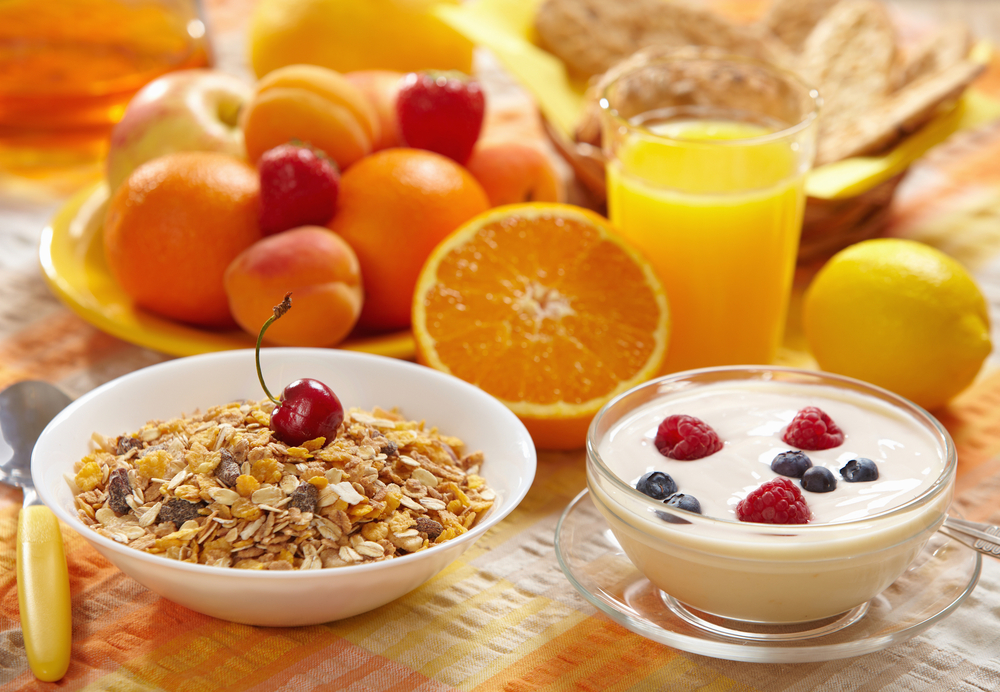
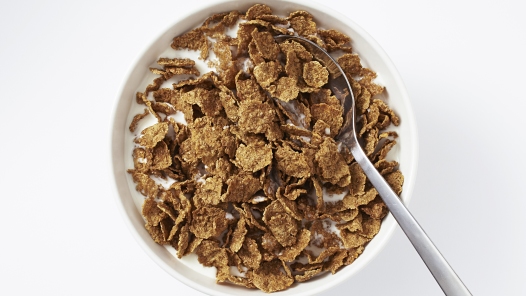
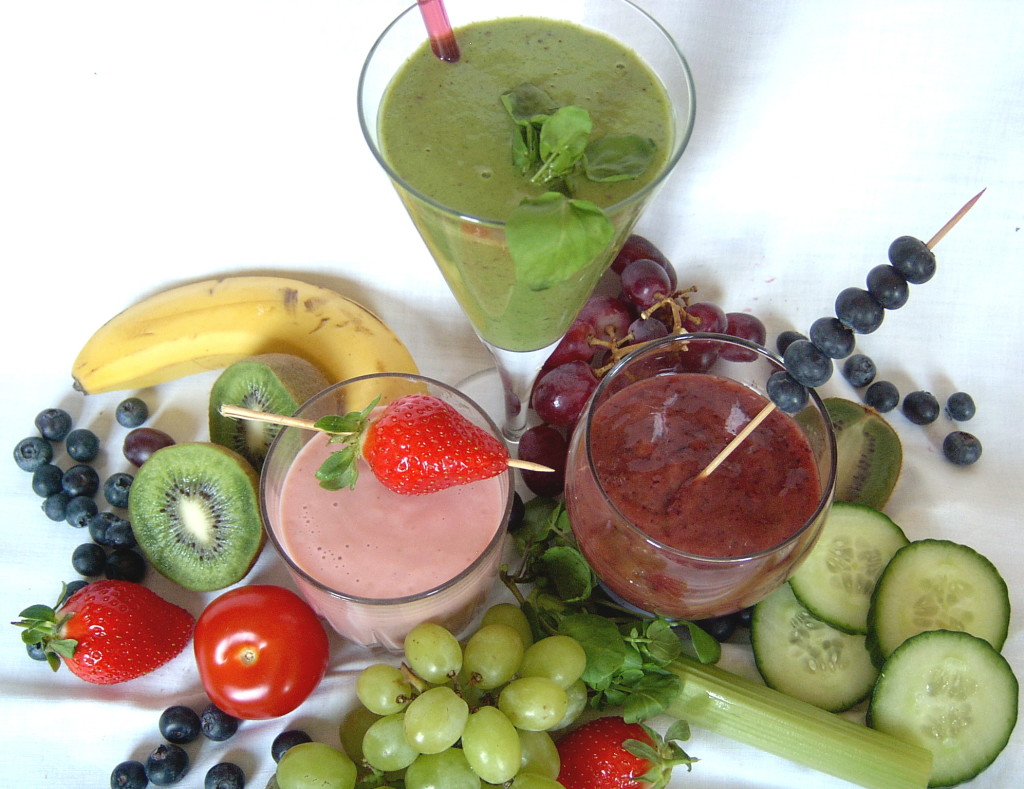
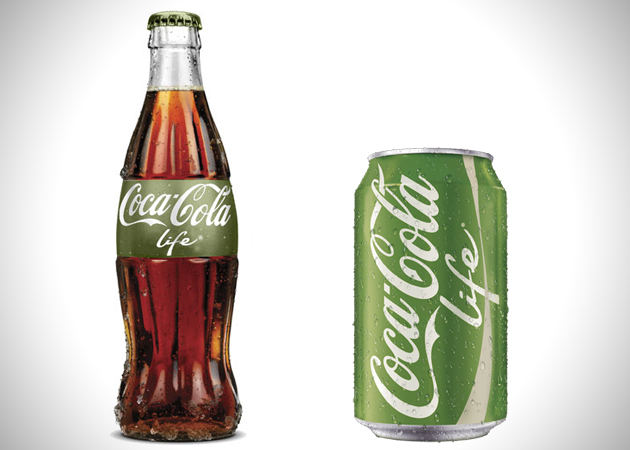


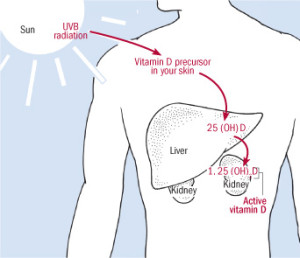
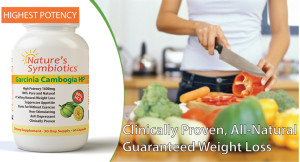
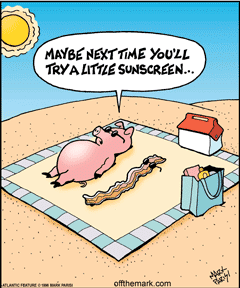 Obviously most of us want to stay out in the sun a lot longer than 20 minutes a day, and that’s where sunscreen comes in. Unfortunately, most conventional sunscreens are laden with toxic chemicals and “nano particles” that go directly into the blood stream, delivering those toxins very efficiently.
Obviously most of us want to stay out in the sun a lot longer than 20 minutes a day, and that’s where sunscreen comes in. Unfortunately, most conventional sunscreens are laden with toxic chemicals and “nano particles” that go directly into the blood stream, delivering those toxins very efficiently. Finally, at the end of the day the best way to care for your tan (or heal from a burn) is to make sure you get the right nutrients, in order to care for your skin from the inside out. Essential fats and the right antioxidants go a long way to making sure your skin has everything it needs.
Finally, at the end of the day the best way to care for your tan (or heal from a burn) is to make sure you get the right nutrients, in order to care for your skin from the inside out. Essential fats and the right antioxidants go a long way to making sure your skin has everything it needs.